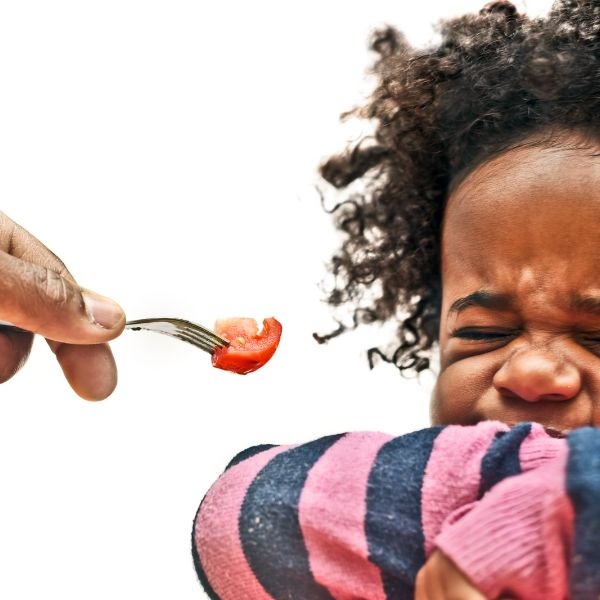A Weird Contraction
(This post contains affiliate links. Read my full disclosure.)
Have you thought won’t is a weird contraction, too?
I certainly did as a kid learning about contractions and as a tutor teaching them. It isn’t like the other ones with not.
- do not –> don’t
- was not –> doesn’t
- could not –> couldn’t
- have not –> haven’t
Usually we form contractions with not by replacing the < o > in not and then joining the first word of the contraction with < n’t >. The apostrophe standing in place of the missing < o >.
We’d think the contraction of will not could be willn’t. But it’s not.
Maybe you’re way ahead of me on why won’t is spelled as it is. But, I’m just realizing won’t isn’t all that weird.
Check out the Etymology of this Word
The history of this contraction is the key to understanding why this word isn’t willn’t. Share the etymology below with your student. Once they see it, they’ll be glad to know the WHY. Grab the graphic here.
From Etymonline.com and from Chambers Dictionary of Etymology, we can see the historical evolution of the contraction of will not.
Before 1475, it was wynnot. About a hundred years later, there’s evidence it evolved to wonnot. Chambers says that the spelling, <won’t>, was recorded as early as 1667.

So What?
Look at the spelling of wonnot and won’t. This contraction taken from wonnot is just like another contraction: cannot that becomes can’t.
As I mentioned, usually contractions with not replace only the < o > with an apostrophe. But in can’t the apostrophe replaces both the < n> and the <o> of not because the first word of the contraction ends with an < n >. It’s the same with won’t.
Contractions Haven’t Always Had an Apostrophe
Looking into this contraction gave me another surprise. Contractions haven’t always had an apostrophe. Sometimes we just assume that how things are is how they’ve always been.
Per Chambers Dictionary of Etymology, contractions with pronouns and will have been around since the 1500s. See, no apostrophe.
sheele = she will youle = you will
What is a Contraction?
Take a look at this word sum: contraction –> con + tract + ion What’s the meaning of these parts?
The base is < tract >, coming from Latin trahere, meaning “pull, draw”. When you think of draw, you likely aren’t thinking about pulling. I think of sketching something. But consider how you move a pencil across paper as you draw a picture. Aren’t you pulling it across the page?
In this word, the < con- > prefix gives a sense of “with, together” to the base.
“Pulling together”. That could mean we’re pulling together like several people on a team pulling for their side of the rope in a tug-of-war contest or a contract.

Or, it can mean we’re squishing pieces together, actually joining them. That’s the sense that fits with contractions.
Merriam-Webster gives the following definition of contraction: “the action or process of becoming smaller, shorter, or pressed together”.
Contractions are made of two words pulled, or pressed, together until they’re no longer two words but one. They make language faster, helping us say what we’d like with fewer syllables.
I won’t keep you any longer. Download the graphic, share it with your students, and let them discover that the spelling of won’t does make sense.

